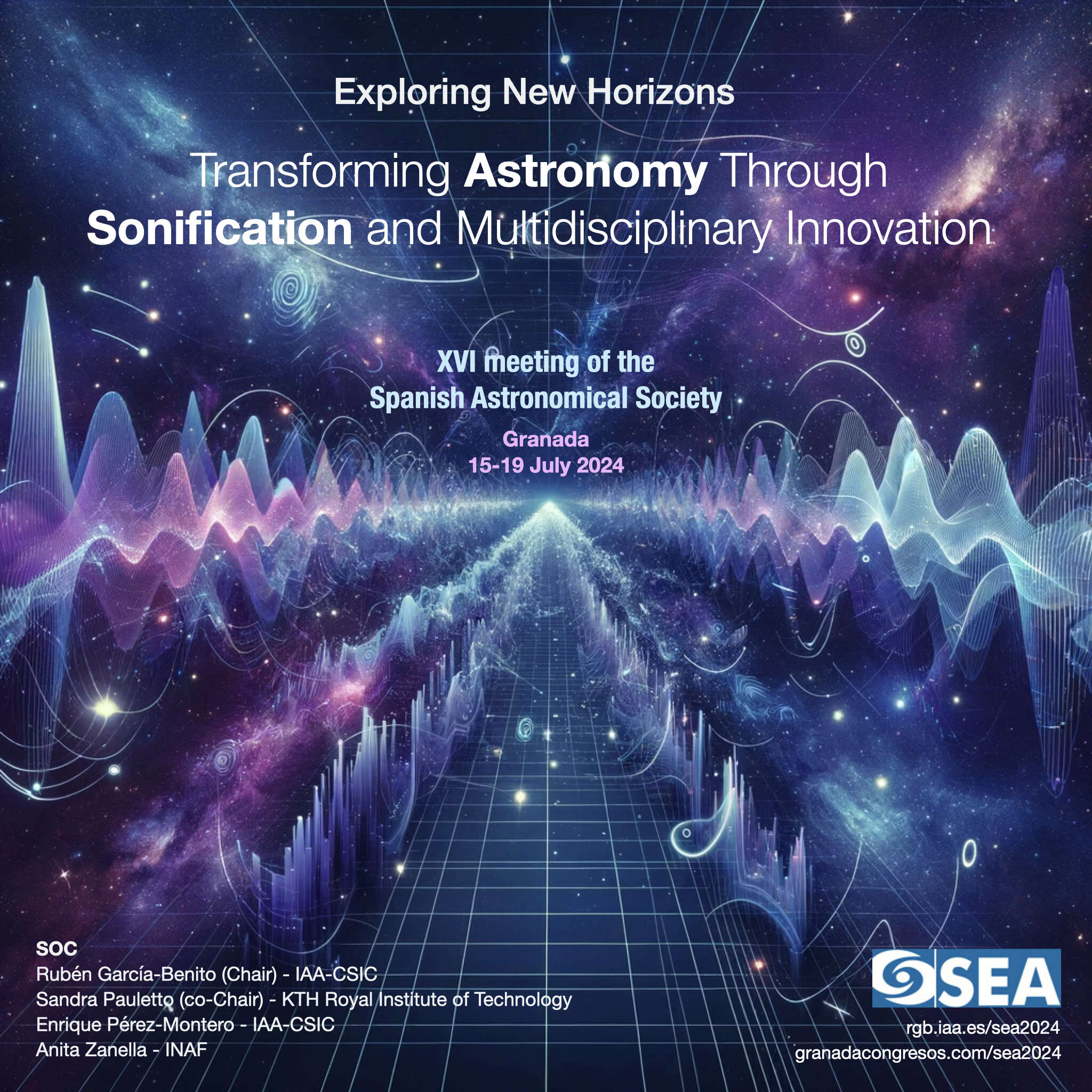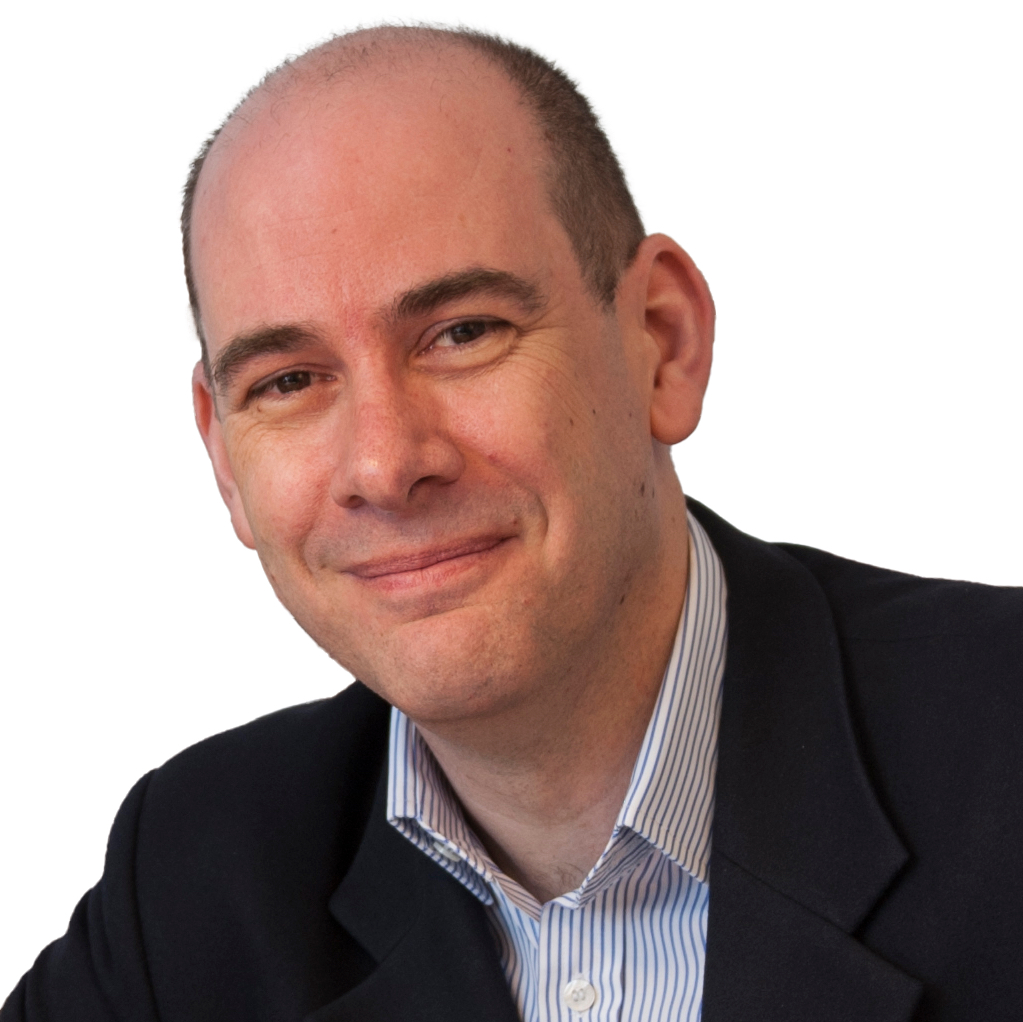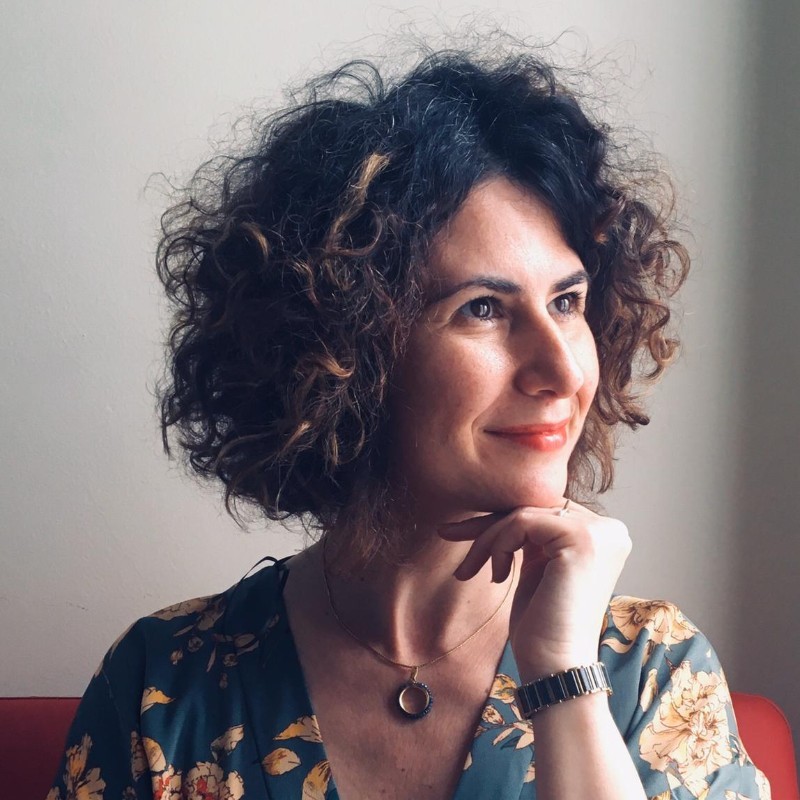

Poster

Audio description of the poster
Sonification of the poster
¡Enjoy!
Program
| Wednesday, July 17, 2024 | Chair: Rubén García-Benito |
Important Dates
- February 1, 2024: Circular 3: Opening of registration, applications for accommodation scholarships for junior members and sending of communications request.
- March 15, 2024: Application deadline for accommodation grants. Deadline for receipt of communication requests.
- May 1, 2024: Announcement of selected communications.
- May 15, 2024: Deadline for registration without surcharge.
- July 1, 2024: Registration deadline
- July 15-19, 2024: XVI Scientific Meeting
Registration & Abstracts
In addition to the keynote review talk, we expect to host 5 to 6 contributed talks that will explore the multifaceted realm of astronomical sonification. We anticipate a diverse range of topics to be covered, including advanced tools for analyzing and exploring astronomical data, low-level coding for creating sonifications, the potential integration of sonification in citizen science initiatives, its impact on outreach and inclusivity, as well as the cultural and aesthetic dimensions influencing the sonification of astronomical data, among other relevant aspects.
This broad range of topics aims to provide a comprehensive understanding of the field of sonification, highlighting its diverse applications, especially in research and dissemination with a particular focus on methods and techniques. While our primary interest lies in technical aspects, we will consider the inclusion of works with a more artistic focus, as long as they incorporate a substantial discussion of technical aspects in their presentations.
These topics represent the range of contributions we hope to receive, and the actual selection of talks will be based on the submissions received. For detailed information about submitting contributions, please refer to the guidelines on the general meeting website.
On the conference website, you’ll find comprehensive information covering the entire event, including details about symposiums, minisymposiums, special sessions, and social activities.
Opening & Invited Speakers
Opening Remarks Speaker:


Professor Paul Vickers, Professor of Computer Science and Sonification at Northumbria University, Newcastle, and President of the International Community for Auditory Display (ICAD).
Invited Speaker:


Dr. Sara Lenzi, Ikerbasque Research Fellow, University of Deusto
Dr. Lenzi will offer a comprehensive overview of the sonification field, emphasizing the critical roles of design and evaluation. To illustrate her points, Dr. Lenzi will present a variety of examples from different disciplines, with a particular emphasis on a series of innovative astronomical sonification projects.
Scientific Organizing Committee
- Rubén García-Benito (Chair) – IAA-CSIC
- Sandra Pauletto (co-Chair) – KTH Royal Institute of Technology
- Enrique Pérez-Montero – IAA-CSIC
- Anita Zanella – INAF
Venue & Format
The 16th Scientific Meeting of the SEA will be held in Granada from 15 to 19 July 2024, organised jointly with the Instituto de Astrofísica de Andalucía (IAA-CSIC).
Rationale
Sonification, though a relatively young academic discipline, is rapidly gaining momentum as a versatile, cross-disciplinary technique. Its trajectory mirrors that of machine learning, which, developed in other fields, has found significant success in other disciplines. In the last decade, the number of astronomical sonification projects has increased exponentially, as evidenced by studies like Zanella+2022 and García-Benito 2023, highlighting its growing relevance.
Astronomy has traditionally relied on visualization methods for data presentation and public education. However, the increasing size and complexity of datasets have pushed these methods to their limits, often necessitating data filtering and potentially leading to overlooked discoveries. This highlights the urgent need for more versatile approaches like sonification. Furthermore, the reliance on visual methods poses accessibility challenges for blind or vision-impaired individuals, limiting their participation in the field and necessitating the development of specialized tools.
Sonification, utilizing sound’s inherent multidimensionality, holds significant potential for exploring large, complex, and noisy datasets. It enables the effective detection of subtle information and overcomes some limitations of visual methods, as seen in tools like StarSound for monitoring fast transient data in astronomy. This approach not only benefits blind or vision-impaired individuals but enhances data analysis for all users.
Despite its potential, sonification faces challenges in gaining mainstream acceptance, partly due to skepticism from funding bodies and scientific institutions. The United Nations Office for Outer Space Affairs (UNOOSA) highlighted these challenges in a detailed report in April 2023, featuring interviews with leading experts and showcasing major projects in astronomical sonification.
Our session aims to unite Spain’s burgeoning sonification community with international colleagues to discuss the current state and future prospects of the field. This session will not only showcase the latest work in sonification but also introduce the discipline to astronomers unfamiliar with its potential, much like how machine learning has been integrated into astronomy. We intend to emphasize sonification’s applicability in pure research and analysis, in addition to its impact on outreach and the intersection between art and science.